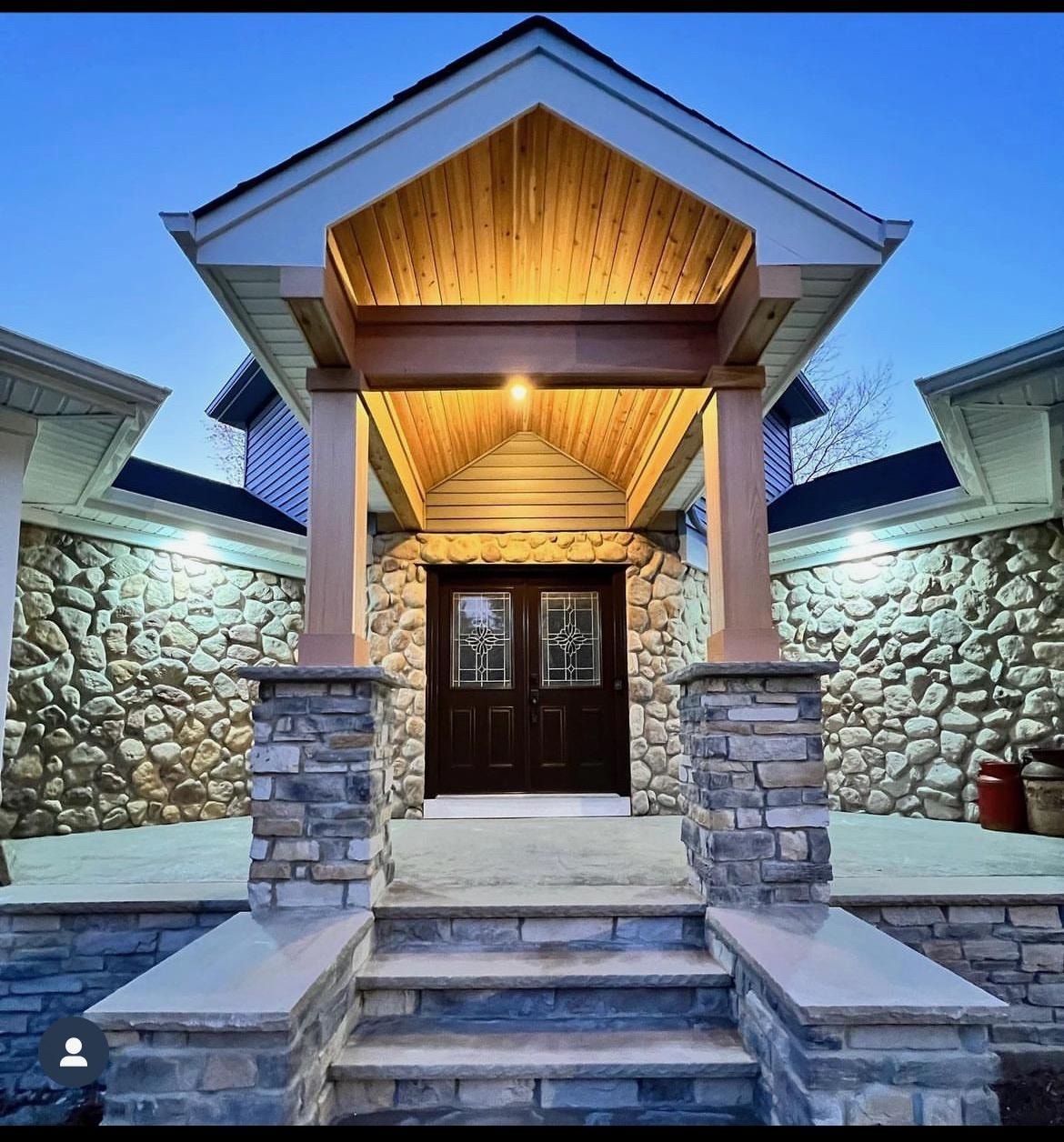
The Role of Masonry in Sustainable Building Practices May 17, 2025
Sustainability in construction often starts with the materials used, and masonry is inherently a sustainable choice. The production of masonry units, such as bricks and stones, typically involves natural materials that are abundant and locally sourced. This reduces the carbon footprint associated with transporting materials over long distances. Moreover, masonry units are highly durable, enhancing the lifespan of structures and minimizing the need for frequent replacements and repairs, which further conserves resources.
Energy efficiency is another critical component of sustainable building, and masonry excels in this regard. Masonry structures have excellent thermal mass, meaning they can store and regulate heat effectively. This characteristic allows buildings to maintain stable indoor temperatures, reducing the reliance on external heating and cooling systems. Consequently, homeowners enjoy reduced energy bills while contributing to lower overall energy consumption.
Water management is a growing concern in sustainable development, and McClelland Masonry offers solutions that address this aspect. Permeable paving is one such solution, allowing rainwater to filter through surfaces and replenish groundwater supplies naturally. This reduces runoff and alleviates the burden on municipal stormwater systems, mitigating the risk of flooding and water pollution. Installing permeable paving can be a proactive way to contribute to better water management, especially in urban areas prone to drainage issues.
Masonry is also celebrated for its resilience, a critical factor in creating sustainable communities. Structures that can withstand natural disasters such as earthquakes, fires, and hurricanes protect occupants and reduce the need for rebuilding. Masonry’s inherent fire-resistant properties are particularly important in regions susceptible to wildfires, providing peace of mind and safety to homeowners. Furthermore, structures that endure the test of time reduce the demand for new materials, reflecting sustainability principles.
Aesthetically, masonry offers unmatched versatility and beauty, allowing for creative design that doesn't compromise environmental goals. Whether you’re considering brick, stone, or a combination of materials, masonry enables builders to craft unique, timeless designs that blend seamlessly into various environments. This adaptability ensures that sustainable does not mean sacrificing aesthetic appeal.
It’s important to recognize the critical role of skilled masonry professionals, like those from McClelland Masonry, in executing these sustainable practices. Expertise ensures that the right techniques are employed, maximizing the eco-friendly potential of masonry materials. Engaging with experienced professionals not only ensures structural integrity but also enhances the environmental efficiencies of your building projects.
In conclusion, incorporating masonry in sustainable building practices offers a multitude of benefits, from energy savings and durability to natural beauty and environmental responsibility. As builders and homeowners increasingly prioritize sustainability, the role of masonry becomes even more significant. By choosing McClelland Masonry, you’re not only investing in a robust construction technique but also in a sustainable future. Whether you are starting a new project or renovating an existing structure, consider the myriad advantages masonry offers as a cornerstone of sustainable building practices.
/filters:no_upscale()/media/649ddfe7-2f3c-4eee-bdce-95ba79d51b01.jpg)
/filters:no_upscale()/filters:format(webp)/media/460df444-629f-4222-93a4-1ba0beb8949c.jpg)